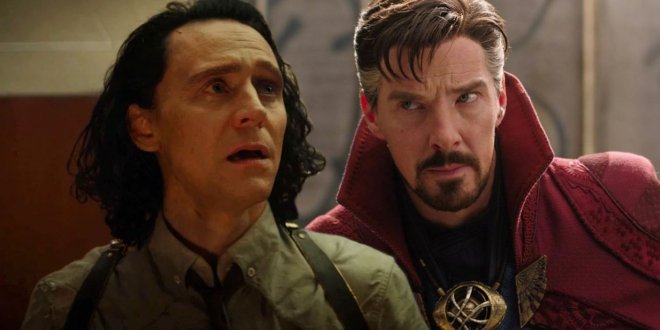Marvel Just Made A God-Tier MCU Villain Look Incredibly Weak


Summary
- The Loki season 2 finale sets up significant consequences for the future of the MCU, establishing Loki as a god of time.
- Loki's journey to becoming a god of time involved reliving moments in time in perpetuity, showcasing his determination and power.
- In contrast, Dormammu's defeat in Doctor Strange appears weak in comparison, as he gave up after only a few rounds of a time loop. Loki's endurance shows his virtuous heroism.
Warning: This article contains spoilers for Loki season 2, episode 6.
The Loki season 2 finale ended on a monumental bombshell, with Loki now positioned as a god in the most significant sense of the word – but in the process of putting Loki there, Marvel has made another god-tier villain look incredibly weak. The events of the Loki season 2 ending were breathtakingly consequential for the future of the MCU, setting in stone the element of the franchise that will be key for the Multiverse Saga itself. Now, at the heart of this story sits Loki, who has taken his place as the presumed god of time, emulating his role as the god of stories in the comics.
His position came with a heavy toll, however, including the grueling process by which he got there. After gaining control of his time slipping, Loki was established as one of the most powerful heroes in the MCU, whose control over time made him more godlike than ever. Loki taking his position as a living Temporal Loom capable of catering to the infinite branches the original machine could not, was practically inevitable, making him nigh omnipotent. To get there, however, he had to relive several moments in time in perpetuity. But this isn't the first time the MCU has portrayed a time loop with no discernible end in sight.